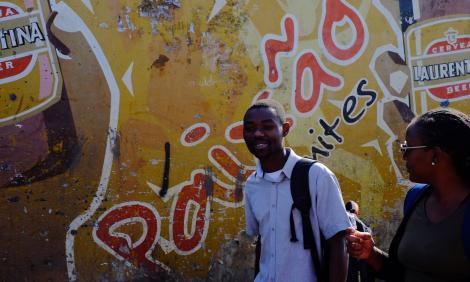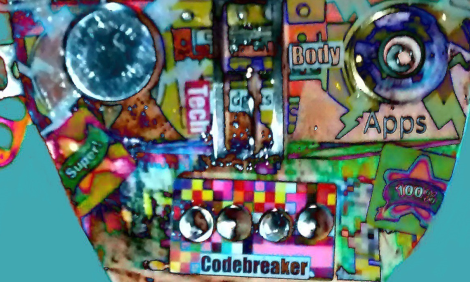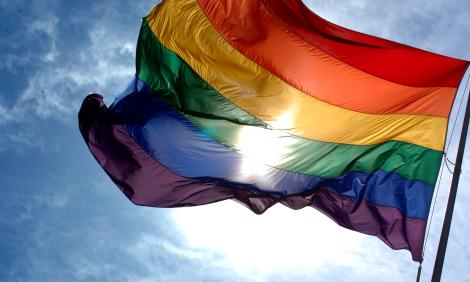
Editorial
[EDITORIAL] Where have all the queer women gone?
In this year-end edition we look at the state of internet and sexual rights, communication rights globally, and particularly in South Asia. The editorial by Subha Wijesiriwardena looks at the place of women within the struggle for rights around sex, sexuality and sexual expression, and particularly the movement for lesbian, gay, bisexual, transgender, intersex, queer people (LGBTIQ) and their…
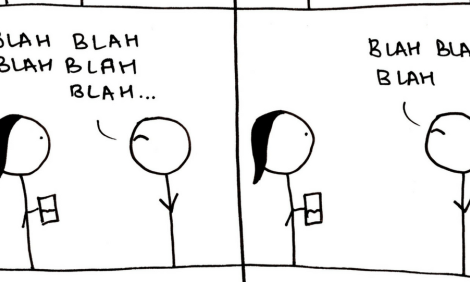
Feminist talk
[COLUMN] Sanitary Panels on Mansplaining (comic)
Sanitary Panels is ironic yet hard hitting, where social commentary masquerades as a web comic and makes us rethink many of our assumptions. Here the comic explores aspects of gender and technology including discrimination faced by women in STEM education and careers.
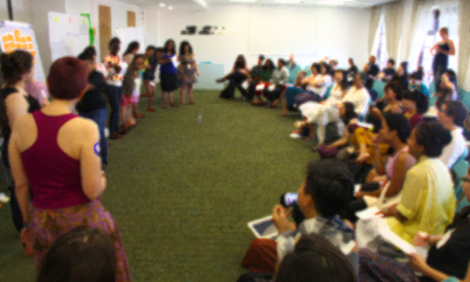
Editorial
Making a feminist internet: Movement building in a digital age
What does movement building look like in a digital age? Even as we are increasingly aware of and dependent on the internet for public engagement and mobilisation of ideas, have networked technologies significantly impacted on the characteristic and sustainability of movements?
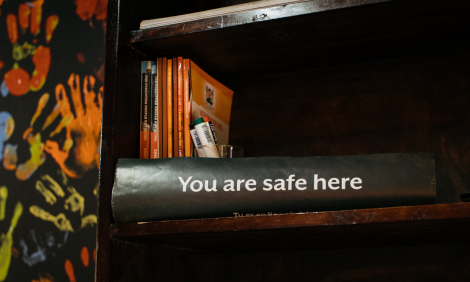
In depth
Journeying through sexuality, activism and the internet
Kenya has few protections for the people within its own country who are lesbian, gay, bisexual, transgender, intersex, or queer. In this article Njeri Gateru traces their journey and that of the organisation National Gay and Lesbian Human Rights Commission in Nairobi - the difficulties they have faced and their use of online tools and spaces.

Feminist talk
[COLUMN] How womxn in the global south are RECLAIMING SOCIAL MEDIA to shine the spotlight on disability
Womxn in global south are making revolutionary uses of social media, and this includes people challenging casual and everyday ableism. In her column Samukelisiwe Mabaso looks at three amazing projects from different countries that are revolutionizing how disability is talked about - how they are changing language, discourse and perceptions
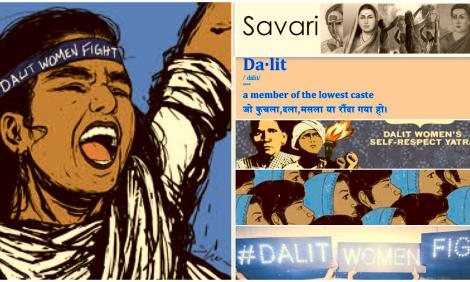
In depth
[SPECIAL EDITION] Debrahmanizing Online Sphere: On Larger Questions of Caste, Gender and Patriarchy
A powerful discourse around ‘digitally empowered society’ and ‘knowledge economy’ have been added to the neoliberal Indian vocabulary, while access to basic quality education, teachers, schools, infrastructure and so on are still major issues faced by the underprivileged in India. Identities are being formed around new interactive practices, particularly for young Dalit women. This article…
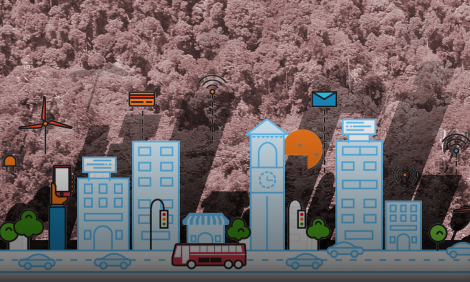
Feminist talk
[SPECIAL EDITION] There is no opting out.: Indigenous women in Malaysia and questions of access
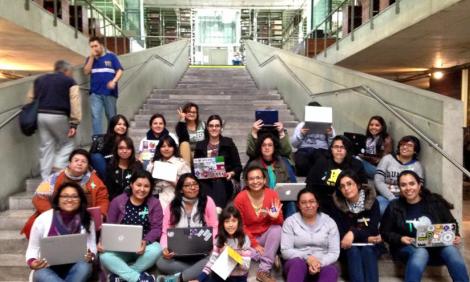
Feminist talk
[SPECIAL EDITION] Editatonas: “I edit, therefore I am”
